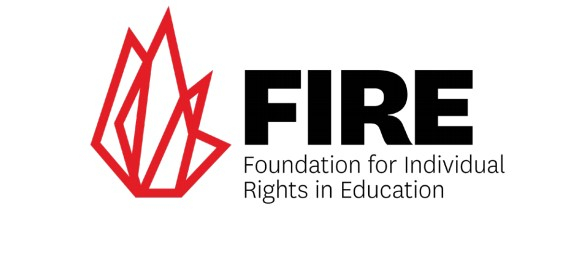
Kellen Stepler | Editor in Chief
02/25/2021
“Every great university has its critics.”
That’s what Duquesne spokesperson Gabe Welsch said in regards to the Foundation for Individual Rights in Education’s (FIRE) recent placement of Duquesne University on their “Top 10 Worst Colleges for Free Speech” list last week.
The list, made up of 10 schools worldwide, argued Duquesne’s placement on the list for “promising academic freedom and free speech but fired a professor when it faced public pressure.”
FIRE has been a staunch defender of Gary Shank – the education professor who used the n-word in a class lecture in September – arguing that Shank using the racial epithet was “pedagogically-relevant class discussion about why it’s inappropriate to use the word.”
The points FIRE makes to place Duquesne on the list, Welsch said, are not true.
“The case FIRE makes for its choice to include Duquesne on the list rests on the flawed reasoning that Professor Shank’s repeated use of a racist slur was pedagogically justified, and that the university then restricted his freedom of expression,” Welsch said.
Welsch said that Duquesne’s placement on the list is “little more than a public relations stunt for an organization that attempts to create fear for restrictions that simply are not real dangers at colleges and universities across the country.”
“In this case, it is far more important to worry about the university’s commitment to treating its students with respect in the classroom than to worry about FIRE’s flawed logic,” he said. “We insist, through our policies and procedures, that faculty members use sound pedagogical practices and treat all students with respect in carrying out their teaching duties. That did not happen in this case.”
FIRE spokesperson Adam Steinbaugh said that Duquesne’s placement isn’t “just about Gary Shank.”
“In the fall of 2019, Duquesne’s administration initially banned a student group from using the term ‘gender-neutral’ and images reflecting gender-neutrality in connection with the Gender Neutral Fashion Show,” Steinbaugh said. “Students and faculty shouldn’t have to fight to protect freedom of expression when their university – like Duquesne – already promises it to them.”
Academic freedom is not unlimited, Steinbaugh said, giving an example of a faculty member who targets a student for harassment, or who repeatedly introduces irrelevant subject matter into class discussions – those would be actions not protected by the principles of academic freedom.
“But that’s not what Shank did,” Steinbaugh said.
“[Duquesne] should have recognized that a commitment to academic freedom means that administrators have to take some types of responses to offensive, but protected, speech off the table,” he said.
“They can criticize exercises of protected speech and explain why they believe that exercise to be offensive or unwise, and they can work to make sure that students have robust, meaningful ways of making their voices heard.”
Welsch said that the faculty handbook and university policies protect the free expression of ideas and give faculty a wide berth for their judgment on best ways to teach their courses.
“Academic freedom, however, is not a license to cause harm to others, and free speech does not mean a person’s words have no consequences,” Welsch said.
On Feb. 5, Duquesne President Ken Gormley set sanctions and requirements Shank must complete in order to be reinstated at the university. As of press time, Shank has not communicated to Duquesne about his plans.
“Gormley imposed a sanction that made clear that such conduct will not be tolerated at Duquesne,” Welsch said. “The Student Government Association has provided useful suggestions for revising the Faculty Handbook to make explicit, in the future, that faculty misconduct of this sort has serious consequences.”
Welsch said that Gormley supports examining the Faculty Handbook for that purpose, and intends to discuss this matter with officers of the Faculty Senate, to determine if he can assist in accomplishing that goal.



